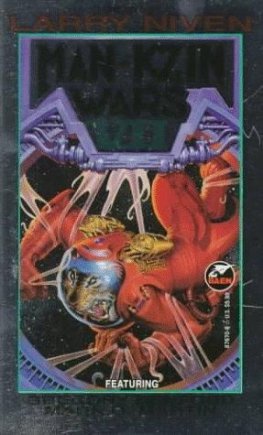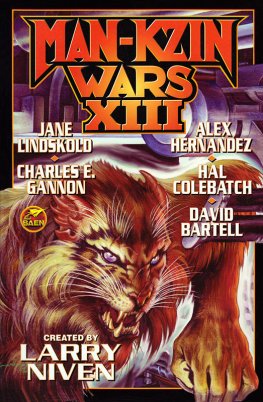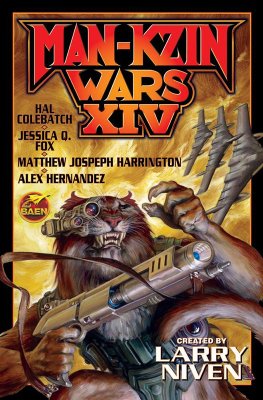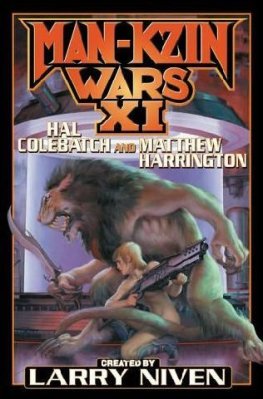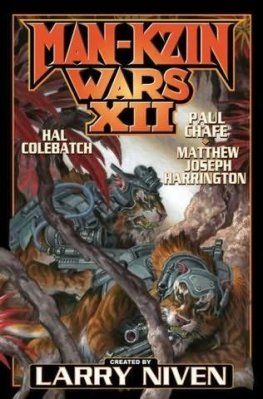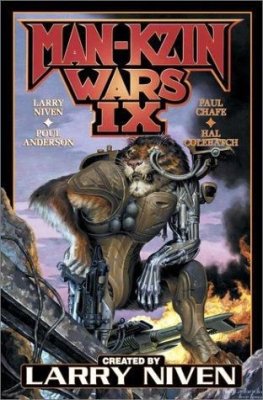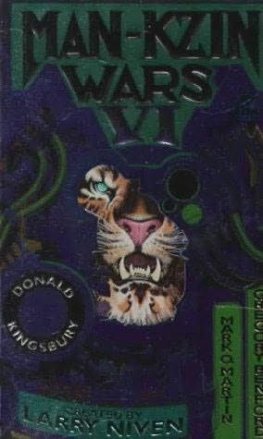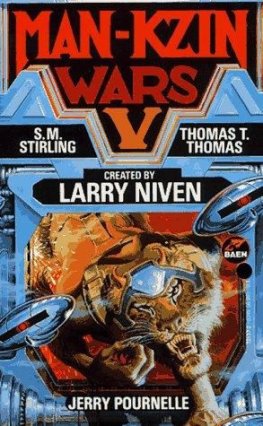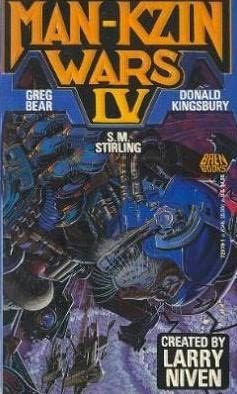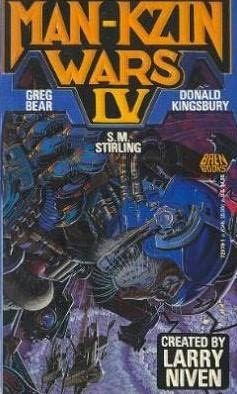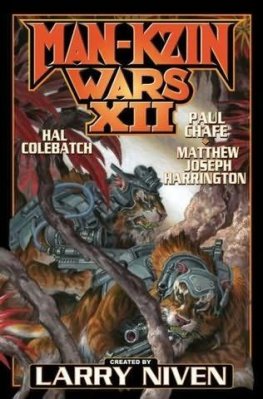The ship flew in like a drunken bat, an automatic distress beacon shrieking. It did not respond to signals.
When they came within visual sight they saw it was grossly damaged, and plainly not under maneuvering control.
When they boarded the ravaged ship with its crew of crumbling, desiccated, drifting corpses, some in strange costumes, the only survivor they found was a head-injured woman in coldsleep. They slowed it and stopped it just before it entered the deadly embrace of one of the outer gas-giants.
The ship had come a long way under its autopilot from the general direction of either Sol or the Alpha Centauri System. The oddly shaven-headed man who must have instructed it as he died still floated with a freeze-dried hand on the controls.
But they tested the hull metal where they cut their way in and found that, if it had come from Earth, it must have been a very old ship before it started.
There were many dead. Far more than a normal crew. This was as packed as a colony ship, more packed, indeed, for a large part of a colony ship's complement would have been frozen embryos. Nor did it carry the vast array of stores and supplies a colony ship would have had: almost nothing but people and hibernation cubicles and bare provisions for a skeleton crew of watch-keepers.
They were tough spacers who boarded the ship, and most had seen death in space before, but still this was especially horrible and upsetting.
Apart from the strangely costumed and coiffured men, a large number of the dead were women and children. The hibernation facilities could have just accommodated them all and looked as if these had been being prepared for use when disaster struck, but only the one had been activated.
It was easy to see but difficult to understand what had happened. It had been sudden. Perhaps the ship had accidentally crossed a big com-laser near its point of origin. A lasera big onehad burned through the rear of the hull and opened one compartment after another to space, punching its way through hull-metal and human tissue indiscriminately. But if that was what had happened, why had the ship or the station that had fired the laser not come to its rescue?
Anyway, it had stopped short of total destruction, and a few emergency systems were still working, including the beacon that had signaled its arrival.
The damage had caused short circuits and fires that had raged even in sealed compartments until the last oxygen in the life-system was consumed. The logbook was melted slag. The last minutes of life aboard the crowded ship were better not imagined but must have been mercifully brief.
The activated coldsleep unit was damaged and operating with a backup of questionable efficiency. They took the woman down to the surface, and tugs with electromagnetic grapnels moved the strange ship into a parking orbit.
Even if the woman had not been head-injured to start with, brain-death seemed a near certainty. When they checked the brainwaves' readouts with their own equipment they were astonished by their strength.
They were careful, and took a long time healing her and bringing her back to consciousness. The people of We Made It were sometimes painfully aware of being a colony, without the vast medical and scientific resources of Earth or even Wunderland, but their science was still good. The robots of twenty-fifth-century nanotechnologycomparable in size to some large moleculescrawled into her brain, and when a net of them had been formed whose neural connectivity made a whole that was far greater than the sum of its microscopic parts, they sought to trigger a memory. Sensors, receptors, cognitive and motor response units more delicate by far even than those used in normal reconstructive nerve surgery linked their impulses.
It was a new technology and imperfect. The watchers saw some of what little was left of her memory translated into flickering holograms. There was a jumble of images, including, quite clearly, a scene of a sidewalk caf and a man with a lopsided yellow beard under an open sky.
It looked to those who examined it like something from a picture book of old Earth, though it was not a Flatlander's beard. The tiny robots sewed and spliced and healed a little and crawled out of her brain. They would wait before applying nerve-growth factors so new neuronic connections would not interfere further with the grossly damaged, immeasurably delicate and diffuse network of connections that created the hologram of memory.
The woman's brain continued to puzzle them, even when they had repaired it as much as they might. There were few pictures but many abstract symbols.
They tested her DNA but that told them nothing save that she was of human stock originally from northern Europe. They brought her back to consciousness.
She could speak only in broken sentences when they began, gently, to question her in the hospital at We Made It.
Some lead a life of mild content
- Saki
2367 a.d.
Around me as I flew, the evening sky of Wunderland was full of light. Alpha Centauri B was so brilliant in its time as to cast its own sharp shadows at dusk and to fill the air with color, yet at an average of 25 AUs easily distant enough to be looked at with the naked eye.
There too was the red jewel of Proxima and the diffuse, braided lines of the Serpent Swarm. There, a routine sight in this system, was the sliding and flash of meteors, plus a couple of fair-sized moons and other smaller satellites, natural and artificial. There were other points of light that were in fact potato-shaped stony worldlets of various sizes, some carrying loads of instruments, the axled wheels of the old spacestation, the squares and rhomboids of advertising signs (hardly used nowthey proved unpopular and counterproductive), high aircraft and spacecraft, and, higher still and parked in their plodding orbits, the old slowboats that had brought the original colonists.
The towns and city too had their high points of light, not because population pressure in a limited space had forced them upwardWunderland's chief cities were still quite smallbut because .61 Earth gravity made for both high but easily conquerable hills and a few relatively inexpensive architectural flights of fancy.
Wunderland. Humanity's first interstellar colony was well-named, I thought, watching the landscape pass below me, high crests and ridges still lit by the rays of setting Alpha Centauri A, mountainsides glowing. I had seen pictures of Earth, and understood again the delight our ancestors must have felt in their first days and nights on this new world.
Not a new thought but still a good one. With its towering hills and mountains, sparkling seas and lush life, its forests, parklands and savannahs where the red-gold of the local vegetation now mixed with the green of Earth plants, its brilliant sky, a gravity that gave good health, good looks (if we exercised hard) and long life, it was impossible to imagine a more wonderful place. Someone had once compared it to the valleys of Malacandra in C. S. Lewis's ancient fantasy Out of the Silent Planet, and noted how Lewis, even if his Mars was a billion years or so behind the times, had anticipated the effects of low gravity on waves. The frustrations of my personal life could be seen in their proper perspective as I flew over that glorious landscape, under those stars.
I have often remembered the details of that night, and the contentment I did not then know I felt. In fact, I was relieved to be getting away for a few hours from my own thoughts and from the political intrigues and pressures that were becoming more and more obvious between Herrenmanner and Prolevolk on the one hand, and Teuties and Tommies on the other, with the


